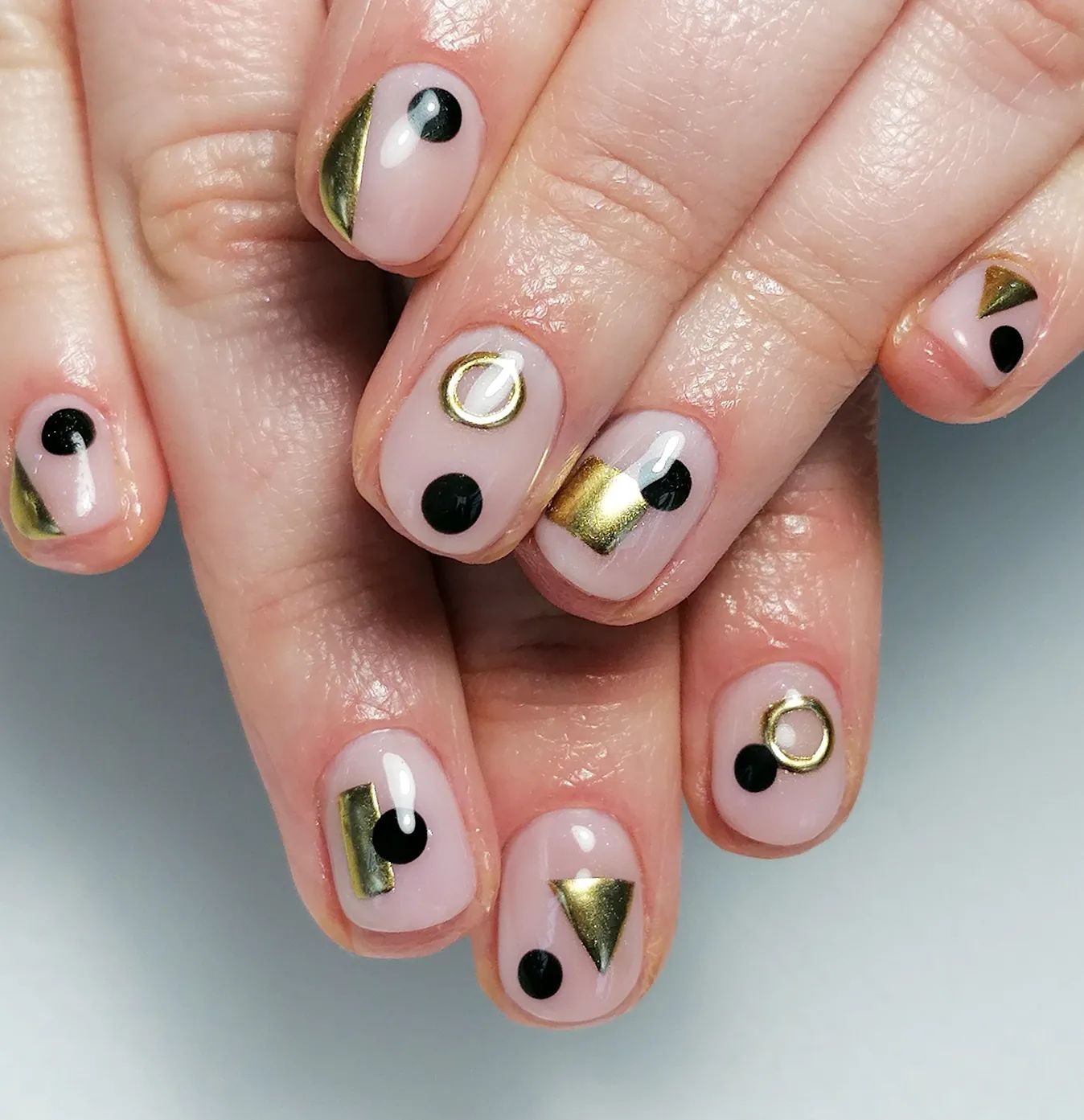Keeping your teeth white and healthy is a vital part of maintaining good oral hygiene. When it’s done right, it can even help prevent cavities and gum disease, which can lead to serious health issues if left untreated. Research shows that regular flossing and brushing can help remove plaque from your teeth, as well as reduce your risk of developing cavities.
Here are seven tips to help you get the most out of your oral care routine:

7 Tips For Whiter and Healthier Teeth
Brush Twice a Day
Brushing regularly is one of the most important steps in maintaining good oral hygiene.
Make sure to brush your teeth twice a day, using a toothbrush with soft bristles. Be sure to cover all the surfaces of your teeth and gently brush around the gum line.
Floss Every Day
Flossing is just as important as brushing when it comes to maintaining good oral hygiene. Use dental floss at least once a day to help remove food particles and plaque from between your teeth.
A water flosser is also an effective way to get rid of plaque and food particles. The device uses pressurized water to flush out the areas between teeth that are hard to reach with a traditional toothbrush or dental floss.
Replace Your Toothbrush Often
Toothbrushes should be replaced every three months, or sooner if bristles become frayed.
Using an old toothbrush doesn’t clean as effectively and can put you at risk for cavities and other oral health issues.
Visit the Dentist
It’s recommended that you visit your dentist every six months to get your teeth cleaned and check-ups.
Your dentist can help spot early signs of cavities or other potential problems that may be missed with regular brushing and flossing.
Avoid Sugary Foods
Sugary foods can lead to tooth decay and cavities. It’s important to limit your intake of sugary snacks, such as cakes, cookies, candy, and soda.
Eating a balanced diet that includes fruits, vegetables, whole grains, lean proteins, and dairy can help keep your teeth and gums healthy.
Quit Smoking
Smoking increases your risk of gum disease and can discolor your teeth. Quitting smoking can help reduce your risk for oral health problems and improve the overall condition of your teeth.
Use Dental Fluoride
Fluoride is an artificial form of mineral that can be found in toothpaste, mouth rinses, and some professional treatments.
When it comes in contact with teeth, it helps to strengthen them, making them more resistant to decay. There are two forms of dental fluoride: topical and systemic.
- Topical Fluoride: Topical fluoride is applied directly to teeth, such as in toothpaste and mouthwashes. When used over time, it helps to strengthen the enamel on your teeth, making them more resistant to decay.
- Systemic Fluoride: Systemic fluoride is swallowed and absorbed into the bloodstream, where it circulates throughout the body providing general protection for the teeth. It is typically found in fluoride supplements and fluoridated drinking water.
Benefits of Fluoride
Fluoride has been recognized for its ability to prevent tooth decay for over 80 years. It can also help restore enamel that has been damaged by acid attacks from plaque bacteria and sugars in the mouth.
Fluoride not only helps protect individual teeth, but it also protects against cavities in children and adults of all ages.
Research says that fluoride can reduce cavities in children by as much as 40%, and adults of all ages by about 25%. It is also effective in reducing the incidence of more severe forms of tooth decay known as root caries.
But how does fluoride strengthen the teeth? Fluoride works by making the tooth’s enamel more resistant to acid attacks, which can cause decay.
It also helps reverse early signs of tooth decay known as demineralization, which is caused when acids make small holes in the enamel. When fluoride comes into contact with teeth, it helps to fill these holes and restore the enamel.
Side Effects of Fluoride
Excessive exposure to fluoride can lead to fluorosis, a condition where the enamel on teeth becomes mottled or discolored. In severe cases, it can cause pitting of the enamel as well.
The best way to prevent this is to use dental fluoride products as directed and to limit the amount of fluoridated water you consume.
Overall, fluoride is an important mineral that can help protect your teeth against decay. When used properly, it can make your teeth stronger and healthier, while also reducing your risk of developing cavities.
It’s important to talk to your dentist about the best way to use dental fluoride products for your individual needs. That way, you can get the most benefit from fluoride while remaining safe and avoiding any possible side effects.
Is Fluoride Safe?
Fluoride is generally considered safe when used as directed. However, too much fluoride can be harmful, so it’s important to use dental fluoride products as directed and avoid excessive ingestion of fluoride.
If you have any questions or concerns about fluoride, be sure to talk to your dentist. They can help you determine the best way for you to use dental fluoride products and make sure that you’re getting the most benefit from them.
Conclusion
Whiter and healthier teeth can be achieved through proper dental hygiene. Quitting smoking, using dental fluoride, and avoiding excessive fluoride ingestion are all important steps to take in order to achieve a healthier smile.
Talk to your dentist about the best way for you to use dental fluoride products and make sure that you’re getting the most benefit from them.
Doing so can help keep your teeth strong, healthy, and beautiful for years to come.






